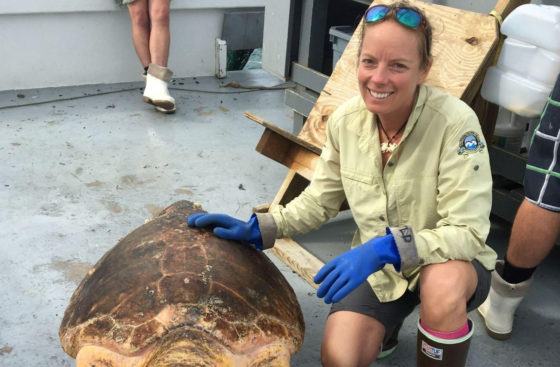In the Community
How Many Nonprofits Are Enough?
May 08, 2014Community Foundation of the Lowcountry staff spend a lot of time talking with those who want to start, or have recently started, nonprofit organizations (NPOs). Since one of our most visible roles is the support of nonprofits, through grants, information, training, advice, finding volunteers, etc., it is obvious why these new groups approach us.
Perhaps surprisingly, a good bit of our advice is directed at rethinking this idea. Why would we, in the business of supporting the work of NPOs, appear to be discouraging those wishing to enter the field?
There are many reasons to start an NPO; some are good and some are less so. Creating a job for one’s self, seizing on a singular grant opportunity, competing with a former NPO employer—in general, these are some of the least appropriate reasons we’ve heard in recent years.
Even when there is a legitimate need for a missing charitable service, there are important considerations before embarking on the establishment of a nonprofit.
1) Madeleine McGee, President of the South Carolina Association of Nonprofit Organizations (SCANPO), expresses it this way, “Starting a nonprofit is like having a baby. It may take as much as 18 to 20 years before it can stand on its own two feet. This is not a short-term commitment.”
2) This is a professional endeavor. Costs of doing business include insurance, audits, federal and state filings, accounting, facilities, technology, marketing, fundraising—and oh-by-the-way—the program-related expenses for the work you wanted to do in the first place. And the liabilities you take on are an important consideration.
3) Finally, consider the stiff competition for charitable dollars. In a recent report commissioned by SCANPO NPOs in our state numbered 5,852 in year 2000 and by 2013 this had grown to 14,428. The number of paid NPO employees in South Carolina grew from 76,174 to 149,925 between 2000 and 2012—a full 97% increase. And the percent of the workforce in SC employed by NPOs grew from 4.1% to 9% between 2000 and 2013. This is astounding growth when you consider that the economy and the amount of disposable income available to support these charitable endeavors has not kept pace.
Contemplations: Is there another organization in the area that is already serving this purpose—making your effort an unnecessary duplication? Is there a nonprofit with which you can partner rather than creating a new 501c3? Can another NPO serve as a fiscal agent for you for a while, so you can see if this new organization can sustain itself over time or if the idea will really catch hold? The Community Foundation often serves in this capacity for a defined period of time, and it truly can save a lot in filings, back-office, and other costs while an organization decides if the 501c3 direction is the right one.
Consider carefully, and do get advice from organizations like SCANPO or the Community Foundation of the Lowcountry before you embark. But continue to LIVE GENEROUSLY, whatever you decide.
Denise K. Spencer, President and CEO



